

 The Environmental Protection Agency (EPA) has disclosed that the air-conditioning sub-sector accounts for 80 per cent of Ghana’s national greenhouse gas emissions, underscoring the critical need for a Green Cooling Programme.
The Environmental Protection Agency (EPA) has disclosed that the air-conditioning sub-sector accounts for 80 per cent of Ghana’s national greenhouse gas emissions, underscoring the critical need for a Green Cooling Programme.
Mr Francis Addo-Okyireh, Head of the Climate Change and Ozone Department at the EPA, revealed this figure at the launch of the Ghana Green Cooling Programme in Accra.
He explained that the air-conditioning sector is a major contributor to Ghana’s current and future greenhouse gas emissions, primarily due to the leakage of refrigerants with high global warming potential and the significant electricity consumption of the units.
Mr Addo-Okyireh said the reliance on air-conditioning units was set to increase sharply due to population growth, urbanisation, and electrification.
“However, this growing demand comes with a significant environmental cost. The new programme aims to fundamentally shift Ghana’s air-conditioning sector towards low-carbon cooling,” he said.
He said the project, supported by the Swiss KliK Foundation, would accelerate the adoption of high-energy-efficient and climate-friendly “green split ACs” that use natural refrigerants with ultra-low global warming potential.
Mr Addo-Okyireh noted that the transition presented a monumental opportunity to significantly reduce emissions and prevent harmful environmental impacts for decades to come.
Mr Michael Kofi Abrokwaa, Project Manager for the KliK Foundation in Ghana, stated that air conditioners are no longer a luxury but an essential household appliance for comfort, health, and economic activity.
He added that the implementation of the Ghana Green Cooling Programme would generate sustainable development benefits, including creating new skills and jobs for technicians, reducing pressure on Ghana’s electricity grid, and fostering healthier, safer communities.
“The programme will also enhance the sector’s technical fundamentals by providing training on green public procurement for government entities in partnership with the Public Procurement Authority,” he said.
Mrs Eunice A. Biritwum, Executive Secretary of the Energy Commission, said the commission had already educated procurement officers in state institutions to use the Most Economically Advantageous Tender process.
“This method takes into account the least total cost of ownership and the lowest environmental impact during the tender evaluation process,” she said.
She added that the commission was exploring policy strategies to facilitate financing, ensure adherence to these practices, and connect the cooling sector with national climate objectives outlined in Ghana’s Nationally Determined Contributions.
Source: GNA
The post Ghana’s new ‘Green Cooling’ project aims to combat 80% of national emissions appeared first on Ghana Business News.
Read Full Story





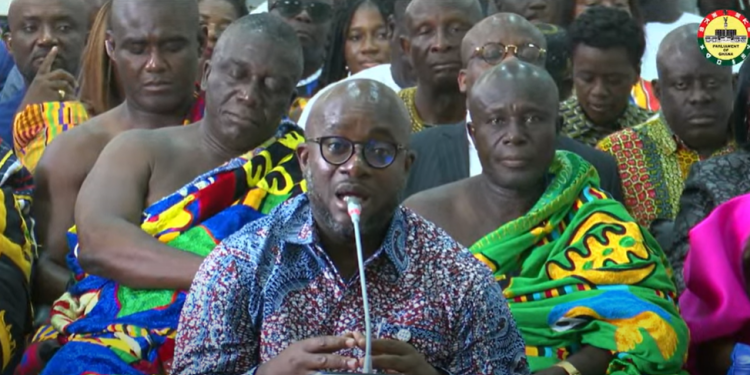
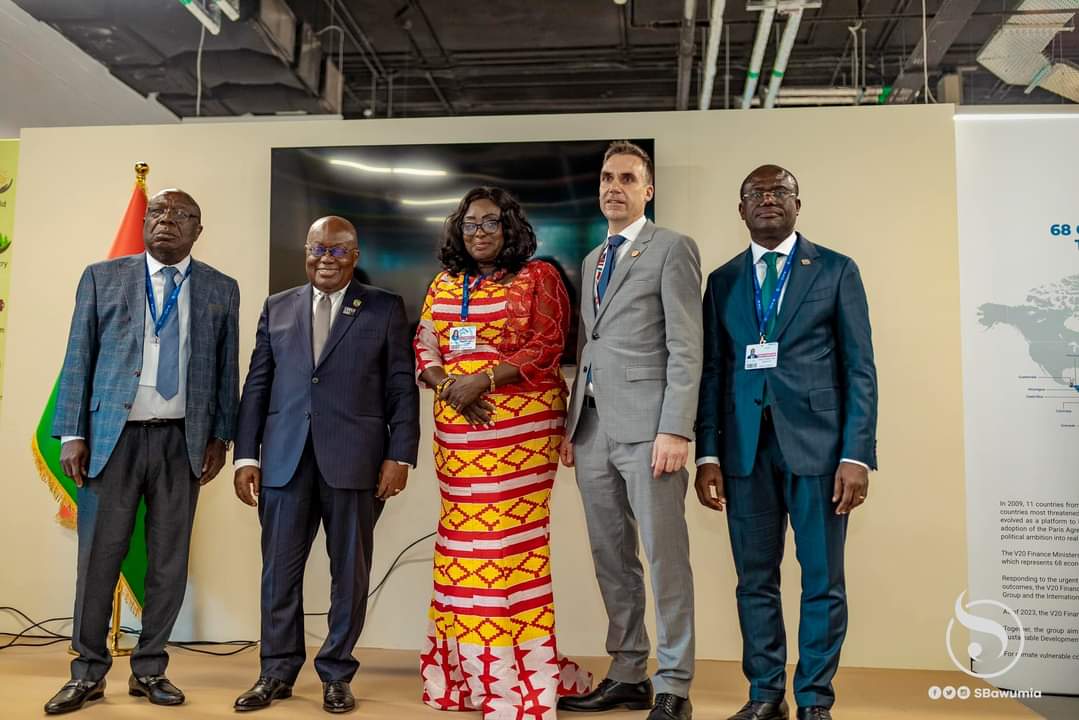


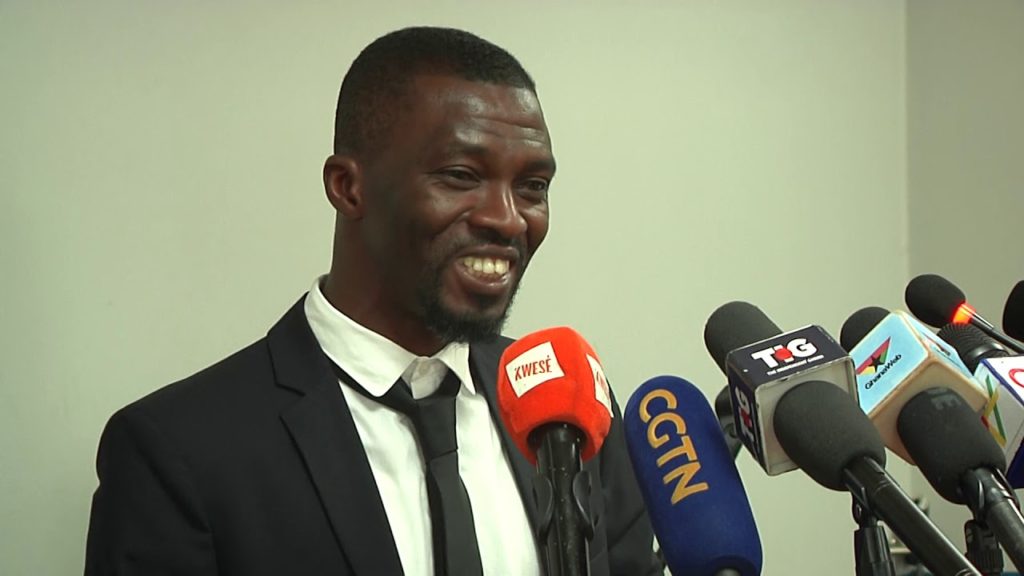



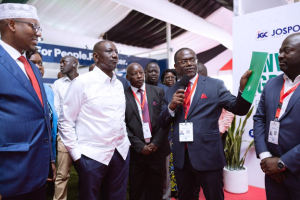

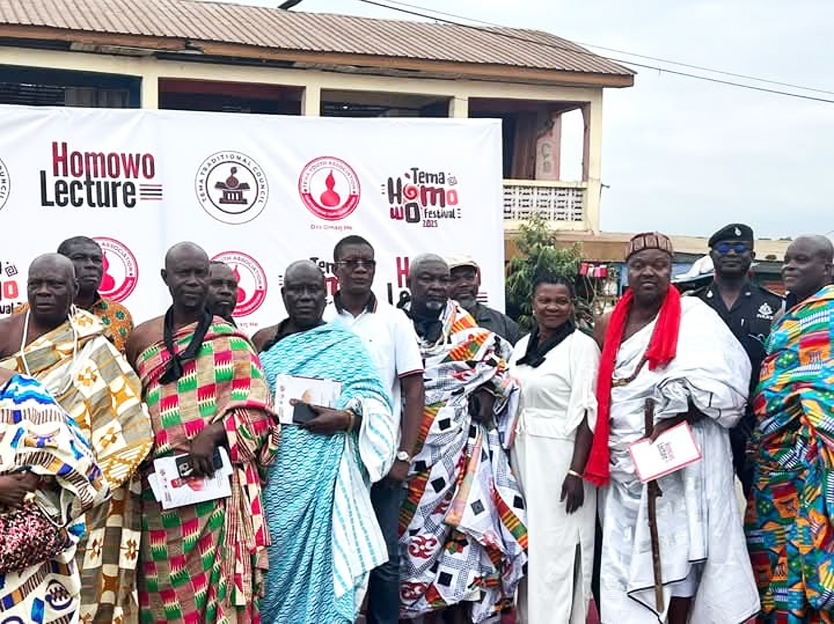


Facebook
Twitter
Pinterest
Instagram
Google+
YouTube
LinkedIn
RSS